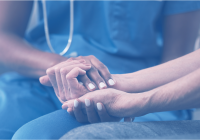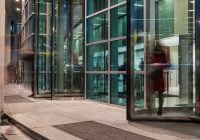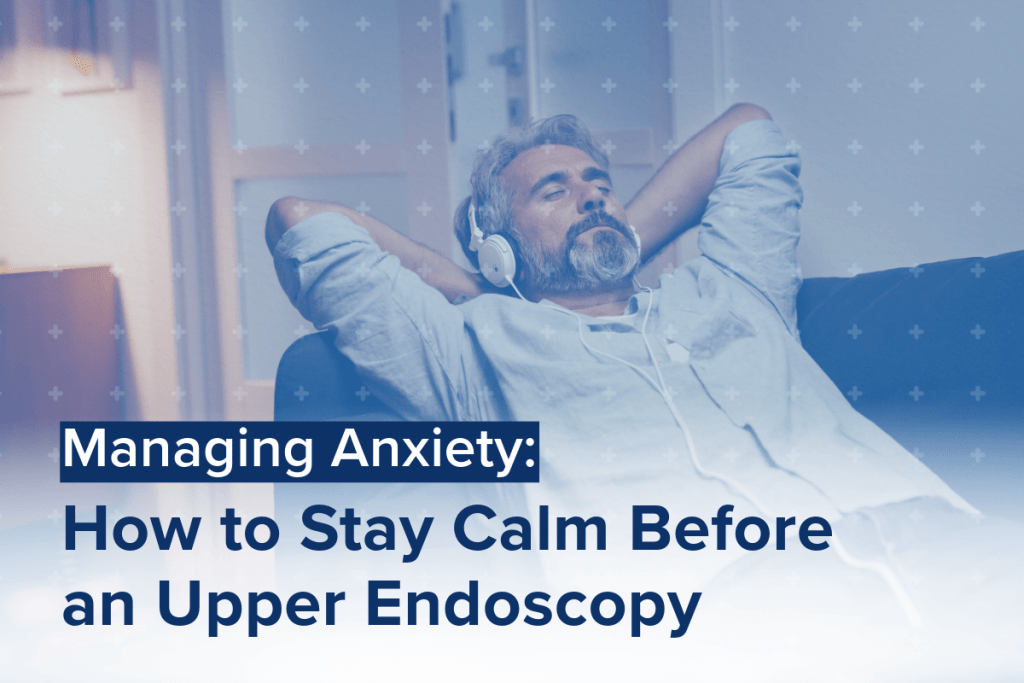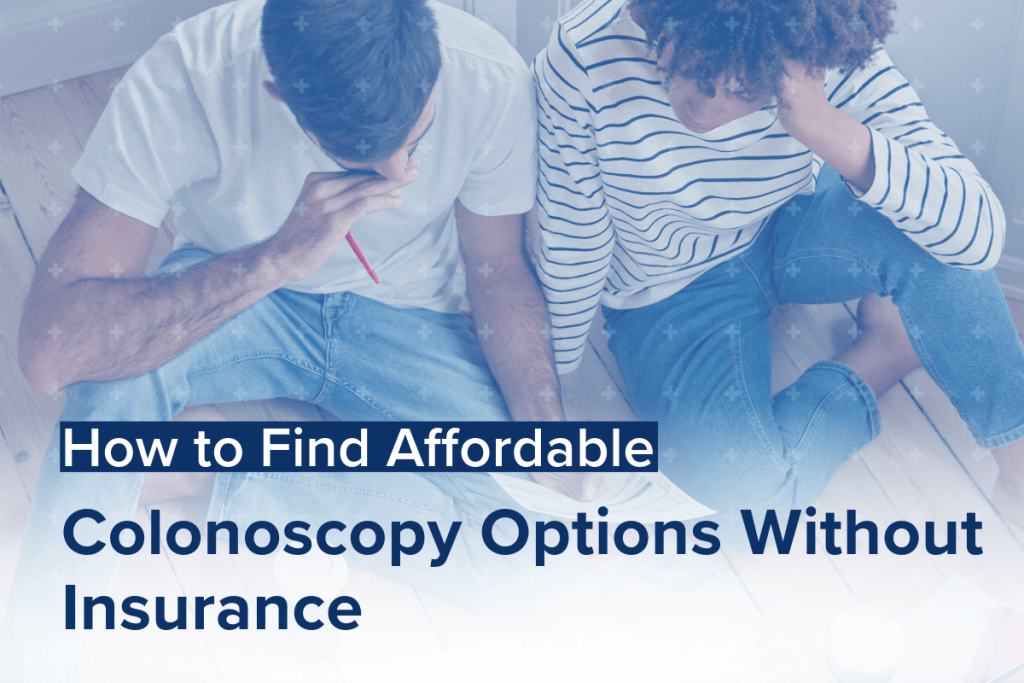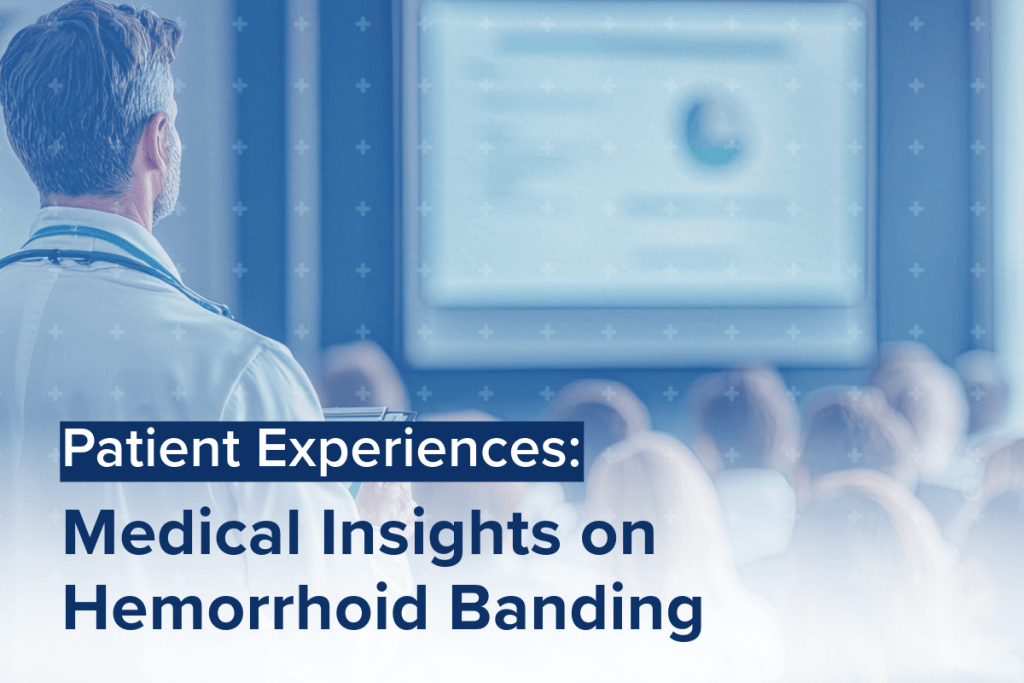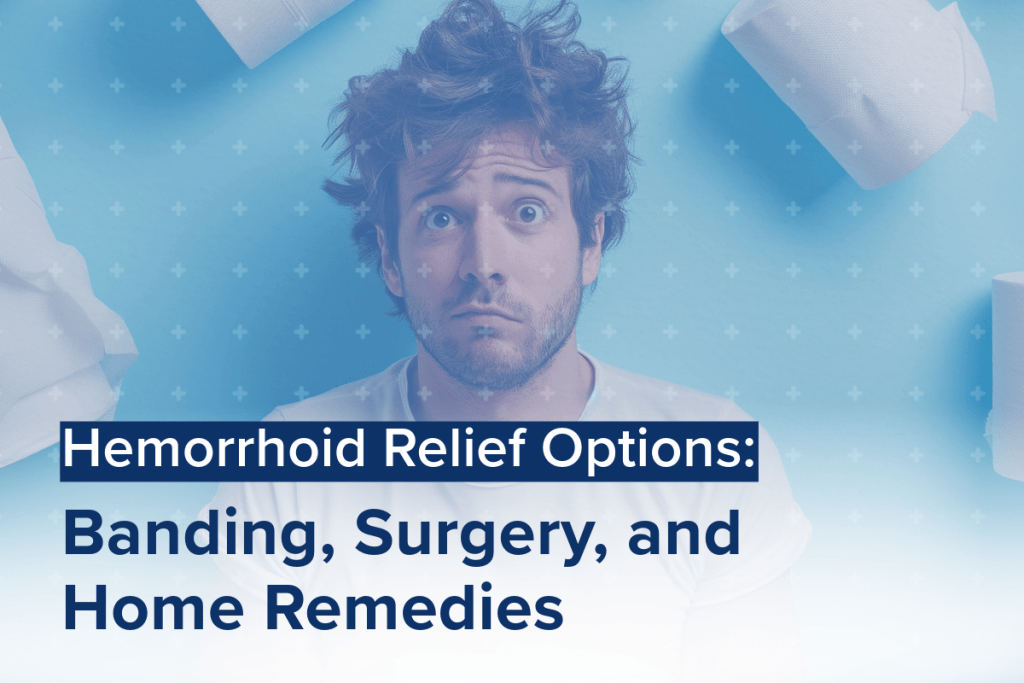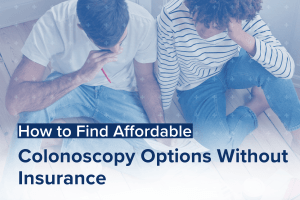Table of Contents
- Common Fears About Endoscopic Procedures
- Relaxation Techniques to Manage Anxiety Before an Endoscopy
- Professional Support: Talk To Your Doctor
- Adequate Preparation
- ColonoscopyAssist: Supporting Your Upper Endoscopy Journey
- Final Thoughts on Managing Anxiety for Endoscopy Procedures
- FAQs
Are you feeling a wave of anxiety as your upper endoscopy appointment approaches? It’s completely natural to feel uneasy before a medical procedure. In fact, research published by Gastroenterology Research and Practice found that pre-procedure anxiety is common among patients undergoing diagnostic endoscopic procedures. Managing these feelings is crucial, as lower anxiety levels can lead to a smoother experience and better overall outcomes.
With the right mindset and preparation, you can approach your upcoming procedure with confidence, calmness, and freedom from fear. This article will share some thoughts and tips on the fight against anxiety and how to help get in the best state of mind for your upcoming GI procedure.
Common Fears About Endoscopic Procedures
Anxiety is a natural human condition. It is a complex phenomenon that can be determined in part by evolution, learned behavior, chemical imbalances in the brain, and genetics, influencing how one feels about GI screenings. All people feel anxiety from time to time, especially when it comes to a procedure like an upper endoscopy.
When it comes to an endoscopic procedure, anxiety often stems from the following sources of fear:
- Fear of pain: The patient is concerned about pain or discomfort caused by the procedure, including the insertion of a medical device into the esophagus.
- Fear of the unknown: The patient does not know what to expect or understand the procedure and what is involved.
- Fear of complications: Even though routine procedures such as upper endoscopies are done 6 million times a year (with the great majority of them done without issue), a patient may fear that they would be in the minority of patients to suffer from some sort of medical complication that would cause some permanent harm.
- Fear of losing control: Given that EGDs are usually done under anesthesia, some patients are fearful of that loss of control.
By understanding anxiety and recognizing that it is a natural response to fear, helps you as a patient understand how to combat it and overcome it.
Relaxation Techniques to Manage Anxiety Before an Endoscopy
Education is one way to overcome the fears associated with upper endoscopy. Asking questions of your doctor or their medical staff and reading helpful patient literature they provide you with is an ideal solution to alleviate your level of anxiety.
Through education, not only will you learn what to expect from the procedure, but you may come across patient testimonials from people who successfully went through the same process, and why they were glad they had the procedure done.
There are a variety of relaxation techniques that you can practice, including:
- Meditation: This is the practice of focusing your attention on the present moment. Properly done meditation can reduce stress and anxiety, especially on prep day before getting a colonoscopy.
- Deep breathing: This can slow your heart rate and provide calm, especially on prep day.
- Visualization: This is the creation of mental images of relaxing scenes/experiences that can reduce anxiety before your endoscopic procedure.
- Progressive muscle relaxation: This technique involves tensing and relaxing different muscles to release tension.
- Yoga: There are many types of yoga, incorporating breathing exercises, physical postures, and meditation. It reduces stress, as well as improving flexibility, strength, and balance.
Professional Support: Talk To Your Doctor
If you have a fear of losing control, talk with your medical provider about sedation options. Understand what sort of sedation choices exist and recognize that sedation is often done to relieve the discomfort that is likely to exist during the upper endoscopy itself.
Your medical provider and their team are your greatest ally in making sure you are comfortable with the entire process.
If your anxiety leading up to your EGD is severe, you may want to seek out a counselor or therapist that can help reduce your anxiety levels and manage your stress.
Adequate Preparation
Taking an active role in preparing for your EGD can help alleviate anxiety and contribute to a successful procedure. Following steps such as:
- Fasting: Keeping your GI tract free of food and liquid leading up to the procedure is key.
- Medication Management: Knowing what medicine you can take, and what medicine to avoid or adjust to, is important to avoid potential side effects.
- Personal Preparation: Wearing comfortable clothing, having all needed documents, and having a friend or family member to transport you to and from your procedure are all designed to make the procedure day easy and stress-free for you.
- Hydration & Rest: Leading up to your fasting period, drink plenty of water to avoid dehydration, and get a good night’s sleep before the procedure.
ColonoscopyAssist: Supporting Your Upper Endoscopy Journey
For a stress-free endoscopy procedure, ColonoscopyAssist is here to help. We provide detailed prep instructions, affordable care, and ongoing support to make the process as easy as possible. From scheduling to post-procedure guidance, our team is here to help you feel comfortable and worry-free.
ColonoscopyAssist is dedicated to making upper endoscopies and other gastrointestinal procedures accessible and affordable for those without insurance or who are self-paying. Our program supports those committed to digestive wellness and colon health by offering affordable screening options.
Final Thoughts on Managing Anxiety for Endoscopy Procedures
Being nervous is natural when faced with a medical procedure. However, compared to surgery, an upper gastrointestinal endoscopy is a fantastic non-surgical tool in diagnosing a digestive issue.
The endoscopic procedure is low on discomfort, is relatively quick, is very unlikely to have complications, and is easy to recover from. With so many GI conditions, early diagnosis is key to better outcomes. By being educated in what the process involves, and actively taking steps to relax yourself, you will approach your upper endoscopy as an important step forward in maintaining your health instead of something to worry about.
FAQs
Are endoscopy procedures safe?
Yes, endoscopies are a procedure that is generally considered safe when performed by an experienced endoscopist. It uses an instrument called an endoscope, a small camera with a light, to examine your digestive system. While some patients experience anxiety about the procedure, understanding what to expect can help you feel more relaxed. Safety measures are in place to minimize risks, and your doctor will answer any questions you may have beforehand.
Is it normal to be scared of endoscopy?
Yes, it’s normal to feel nervous or anxious about a diagnostic procedure like an upper GI endoscopy. Many patients’ anxiety levels increase before the procedure due to fear of the unknown. However, preparing ahead, talking to your doctor, and using methods like deep breathing or meditation can help you relax. Studies, such as those using the State-Trait Anxiety Inventory, show that preparation and understanding can significantly reduce anxiety in patients.
Can I have a CT scan instead of an endoscopy?
A CT scan may be an alternative for some conditions, but it doesn’t offer the same level of detail as an endoscopy, especially for examining the stomach and duodenum or other parts of the upper gastrointestinal tract. An endoscopy allows the doctor to see inside your body directly, take samples if needed, and address specific issues, such as abnormalities in the bowel or rectum, which a CT scan cannot do as effectively. Talk to your doctor about the best option for your condition.
How do you not panic during an endoscopy?
If you’re feeling anxious or worried about pain and anxiety during the procedure, there are several ways to ease your nerves. Relaxation techniques such as deep breathing or visualization can help you feel more in control. Sedation options are available to minimize discomfort, and listening to music has been shown to be effective in reducing stress. Your medical team will ensure that you remain calm and comfortable in the endoscopy suite.
What is the alternative to an endoscopy?
Depending on your condition, alternatives might include imaging tests such as a CT scan, MRI, or specialized blood tests. However, these do not provide the same detailed view of the digestive system as an endoscopy. If you’re uncomfortable with the idea of an endoscopy, discuss other types of procedures with your doctor. They’ll help you to understand the pros and cons of each option and determine what’s best for you.



